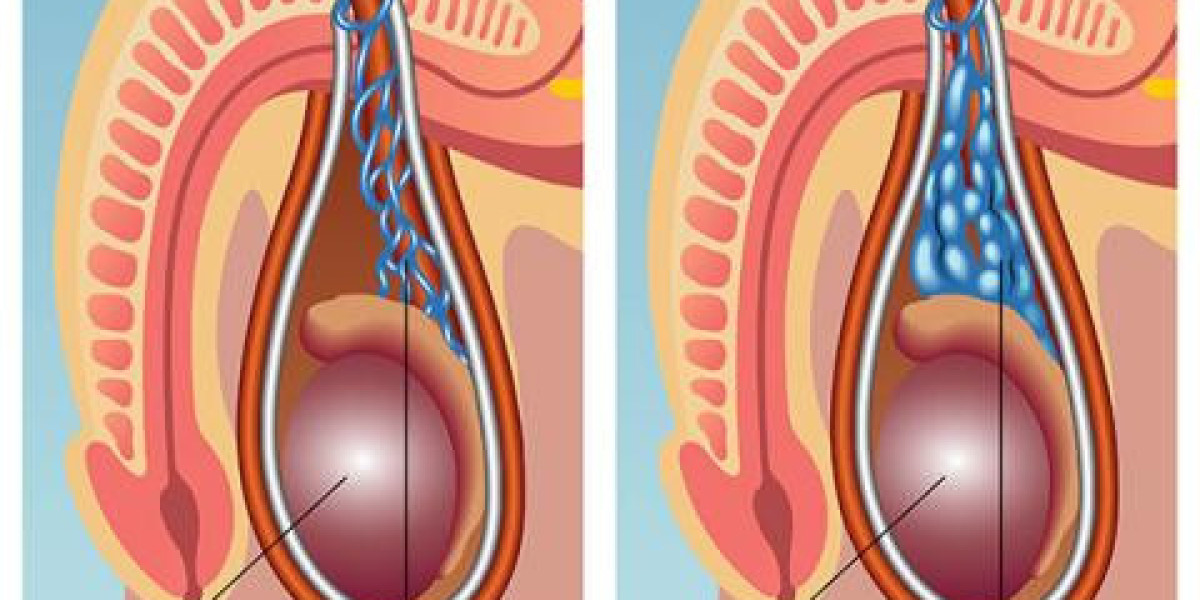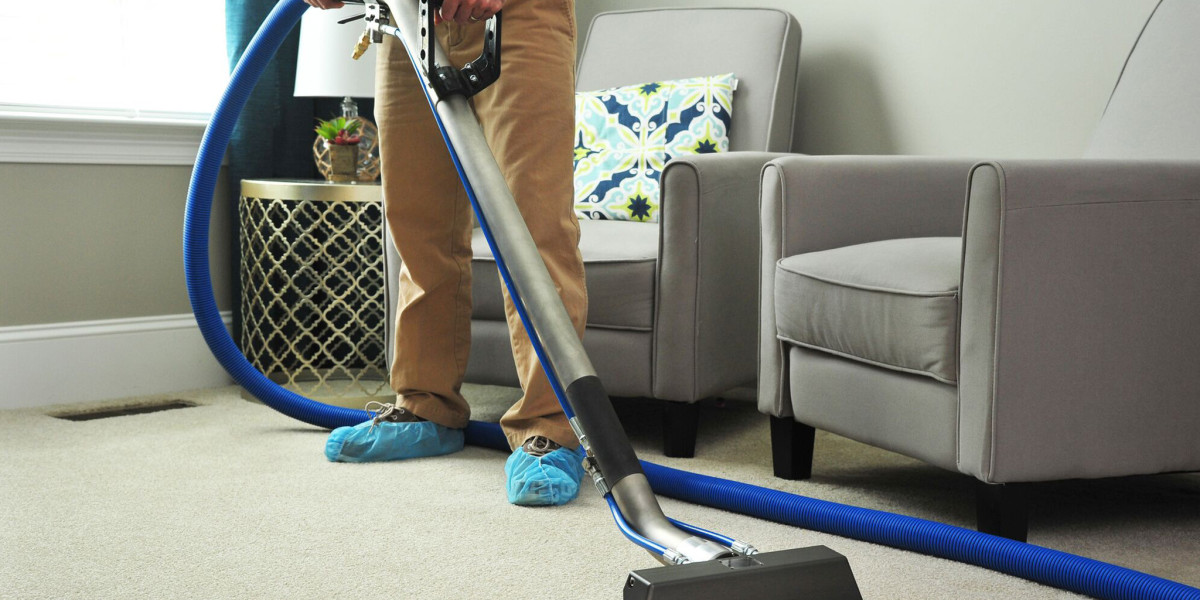Introduction
Most men don’t pay much attention to occasional discomfort or heaviness in their scrotum. But what if these signs point toward a condition that could impact your fertility? Varicocele is one such commonly overlooked health issue. It develops silently in many and, if ignored, may lead to reduced sperm quality, discomfort, or testicular shrinkage.
In this article, we’ll dive deep into Varicocele: Early Signs You Shouldn’t Ignore and When to See a Doctor, and help you understand the importance of timely medical attention.
What Is Varicocele?
A varicocele is the enlargement of veins within the scrotum, similar to varicose veins that occur in the legs. These dilated veins occur due to malfunctioning valves that cause blood to pool instead of circulating properly. Over time, this can lead to elevated scrotal temperature and pressure, which may affect testicular function and sperm production.
Varicoceles are quite common, affecting around 15% of adult men and up to 40% of men facing infertility issues.
Who Is at Risk?
Anyone can develop a varicocele, but certain groups are more susceptible:
Young males going through puberty
Men who do intense physical work or heavy lifting
Those with a family history of vein disorders
Athletes or bodybuilders (learn more)
Varicocele: Early Signs You Shouldn’t Ignore
Unlike acute medical conditions, varicocele symptoms tend to develop gradually. This slow progression often leads people to dismiss them until they interfere with daily life or fertility.
Here are the common early signs to watch for:
1. Dull or Aching Pain in the Scrotum
One of the earliest symptoms is a mild, throbbing ache that gets worse as the day progresses, especially after prolonged standing or physical activity.
2. Scrotal Heaviness
Many men describe a “dragging” or heavy feeling in the scrotum, often on the left side. This is due to increased blood pooling in the affected veins.
3. Visible or Palpable Veins
The dilated veins may become visible under the scrotal skin or can feel like a "bag of worms" upon touch — a classic sign of varicocele.
4. Testicular Size Difference
In adolescent males, varicoceles can lead to one testicle (usually the left) appearing smaller than the other due to impaired blood flow.
5. Fertility Issues
Often, men don’t realize they have varicocele until they undergo evaluation for infertility. It can reduce sperm count, motility, and quality.
6. Worsening Symptoms in Heat or After Exercise
Symptoms often worsen in hot weather or after intense workouts when veins are more likely to dilate.
When to See a Doctor
Early detection of varicocele can help preserve fertility and avoid complications. It’s time to consult a urologist if:
You feel persistent or worsening pain in the scrotum
One testicle seems smaller than the other
You and your partner are experiencing difficulty conceiving
There is a visible cluster of veins in the scrotum
You experience discomfort after gym sessions or physical exertion
Remember, self-diagnosis isn’t enough. A professional evaluation with a scrotal ultrasound and physical exam is the only way to confirm varicocele.
How Is Varicocele Diagnosed?
During a physical exam, a doctor may ask you to perform a Valsalva maneuver (bearing down as if to exhale forcefully) to make the veins more prominent. In addition, an ultrasound scan is used to measure vein size and blood flow.
Semen analysis may be done if fertility is a concern.
Why Ignoring Early Signs Can Be Risky
Some men believe that ignoring minor scrotal discomfort is harmless, but this can be a mistake. Here's why:
Reduced Fertility: Prolonged varicocele can damage testicular tissue and lower sperm quality.
Testicular Atrophy: Affected testicles may shrink if not treated in time.
Pain Progression: Mild discomfort can become severe over time, interfering with daily life.
Emotional Stress: Fertility struggles can impact mental and emotional well-being.
Early treatment can help avoid these long-term effects.
Treatment Options for Varicocele
Treatment isn’t always necessary unless symptoms are bothersome or fertility is at stake. Options include:
1. Conservative Management
Wearing snug underwear for support
Avoiding prolonged standing
Pain relievers like ibuprofen
2. Surgical Treatment
If the varicocele is painful, large, or causing infertility, your doctor may recommend surgery:
Microsurgical Varicocelectomy: Most effective with low recurrence rate
Laparoscopic Surgery: Minimally invasive
Percutaneous Embolization: Non-surgical, uses a catheter to block affected veins
Post-Surgery Outlook
Surgical treatment of varicocele has high success rates. Most men report relief from pain and see improvements in sperm quality within 3–6 months post-surgery.
For a detailed guide on surgery recovery and results, read the Varicocele Surgery Guide.
Lifestyle Tips to Manage or Prevent Varicocele Symptoms
Even if you’re not ready for surgery, you can manage symptoms and prevent worsening by:
Avoiding excessive weightlifting or straining
Wearing supportive underwear during workouts
Staying hydrated and avoiding prolonged heat exposure
Following a diet rich in antioxidants for better reproductive health
Scheduling annual check-ups for reproductive health
These small steps can make a big difference.
FAQs About Varicocele
Q. Is varicocele a serious condition?
Not always. But if left untreated, it may cause infertility or chronic discomfort.
Q. Can varicocele go away on its own?
It’s rare. In most cases, it either stays the same or progresses.
Q. Can you still father a child with varicocele?
Yes, many men do. But if sperm quality is poor, treatment may be needed to improve chances.
Q. Does gym workout cause varicocele?
While it doesn’t directly cause it, intense abdominal pressure from heavy lifting can worsen the condition. Read more in this article.
Conclusion
Ignoring the early signs of varicocele may lead to unnecessary pain, emotional stress, or fertility issues. By understanding and identifying these signs early, you empower yourself to seek timely help and avoid long-term complications. Whether you’re feeling mild discomfort or planning for fatherhood, listening to your body is key.
Now that you’ve learned about Varicocele: Early Signs You Shouldn’t Ignore and When to See a Doctor, don't hesitate to schedule a consultation with a healthcare professional. Your future health—and perhaps your future family—may depend on it.













